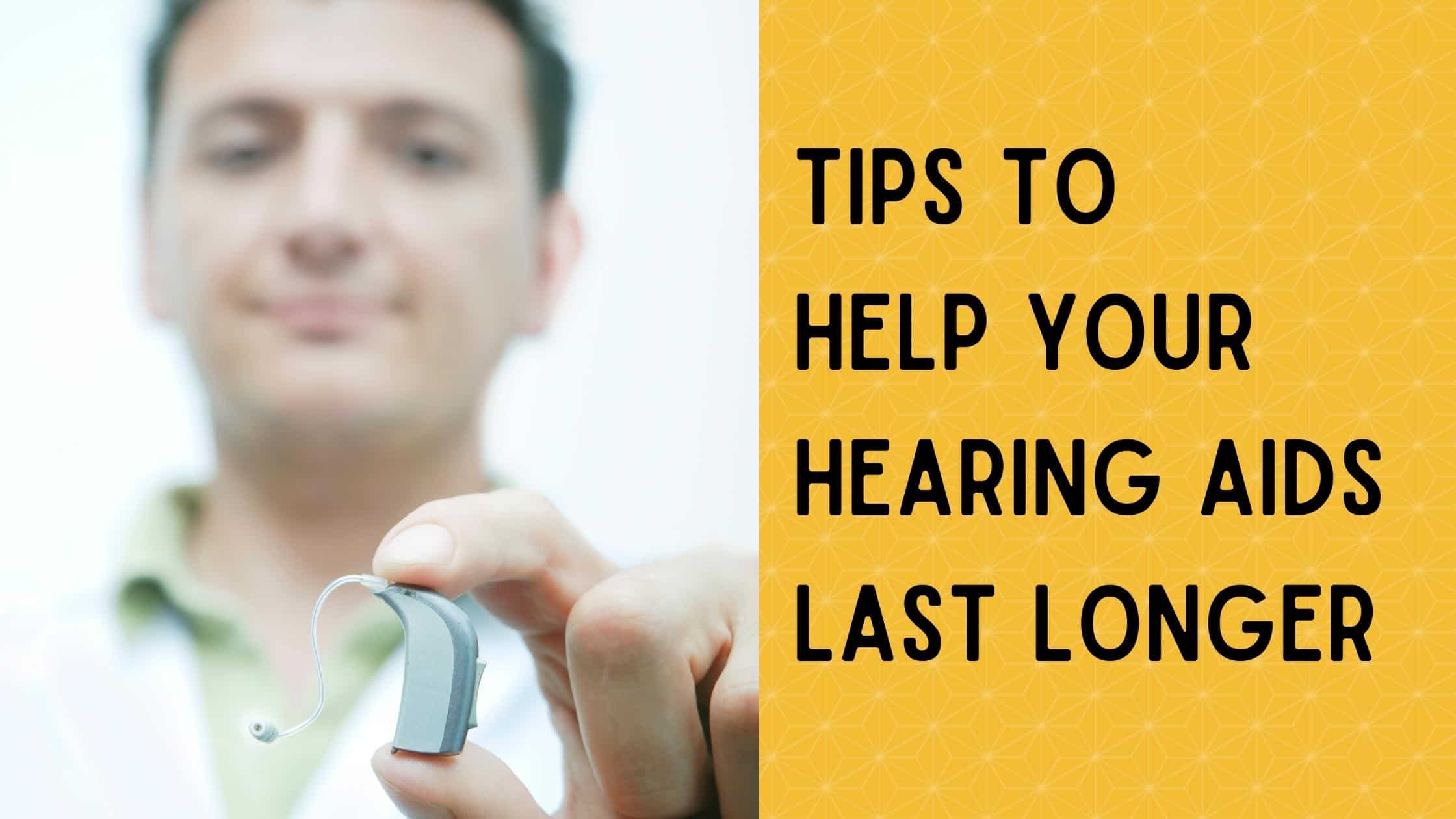If you have just started wearing your first pair of hearing aids then you are probably enjoying the many benefits they have to offer. This includes clear conversations, allowing you to connect in a way you haven’t in years as well as enhanced awareness of the world around you.
If you have taken this major leap towards investing in the health of your hearing, then you most likely would like these delicate and advanced devices to last as long as possible. The average life of hearing aids is 5 to 7 years.
While this may not seem like a long time, consider how much work these tiny devices do everyday; from the moment you start your day till just before you go to sleep. By learning how to care for your hearing aids and creating a vigilant routine you can ensure to enjoy your hearing aids for their entire life span.
Clean Them Everyday
Most importantly, develop a routine around cleaning your hearing aids every night. You can add this to your regular nighttime hygiene routine. It is fairly simple, especially if you don’t let dirt, wax and debris build up.
When you take your hearing aids out at the end of the day, gently, but thoroughly wipe them down with a soft, scratch free cloth. This should remove the majority of dirt and debris that may have accumulated over a long and busy day. Examine them after you’ve wiped them down and be on the lookout for any blockage or any issue out of the ordinary. This way you can detect a problem before it turns into a more expensive issue.
Avoid Moisture
Many modern hearing aids offer water resistance as a feature, but no hearing aid is completely waterproof. Nothing can short out and damage electronics such as hearing aids like exposure to too much moisture. Make sure to remove your hearing aids when you go swimming or bath to keep them dry and always put them in a waterproof case. If you find yourself sweating a lot or are in a humid environment, make sure to periodically take them out and wipe them down to prevent a short circuit or corrosion.
Dehumidifying Cases
If you do find yourself outdoors often, staying active or living in a place with regular humidity in the air it is a good idea to invest in a dehumidifying case for your hearing aids. These cases can remove moisture internally from your hearing device to ensure your hearing aids stay dry inside and out. These drying cases often use a small fan or a chemical desiccant to remove the moisture. Hearing aids with rechargeable batteries often offer dehumidifying cases, which also charge the battery over night.
Battery Care
Many hearing aids need the batteries changed every three days. This can be frustrating and exhausting. To make sure you get the most from your battery make sure to open the door to your battery overnight. This disconnects the battery in most models and stops the battery from being drained overnight. If you use rechargeable batteries make sure to wipe down the charging port in the morning after your battery is fully charged to make sure all the connections remain clean and to prevent corrosion.
Avoid Extreme Temperatures
The elements are not kind to even the most advanced hearing aids. Similar to moisture, extreme heat or cold can wear out the delicate parts of your hearing aids over time. Never leave your hearing aids in a hot car, which can act like a greenhouse on a hot summer day amplifying the temperature and melting delicate parts of your device. Similarly if you live in a very cold environment, cold can damage the battery life and other fragile components.
Stay on Top of Repairs
While there are small issues that you can fix at home, sometimes hearing aids can be fixed more efficiently and even avoid small disasters by being dealt with by a professional.
Keeping up with issues early on can prevent a larger issue down the road. Contact our team immediately so that we can assist you, remotely. We can help diagnose the issue and determine if your device needs further hearing aid repair.

